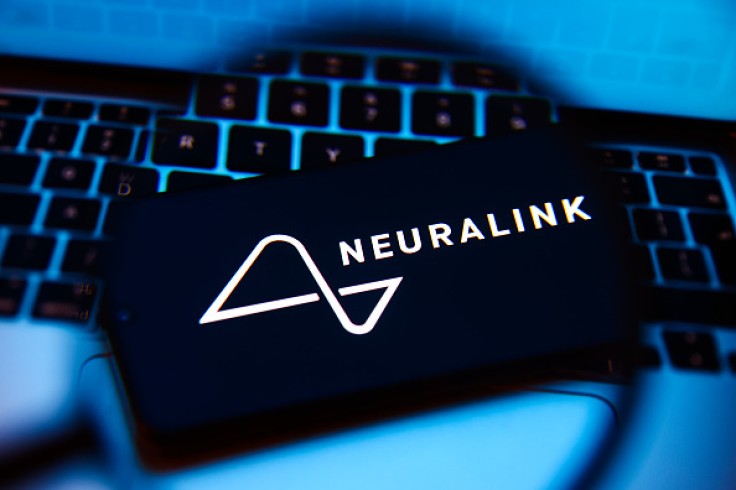We are close to the sci-fi future where we get to control and interact with computers using our thoughts, but what exactly is the cost to get to that level of advancement? Neuralink's devices require the subject to undergo surgery for implantation, and the co-founder suggested that it's not the best option.

Co-Founder Potentially Left Over Safety Concerns
Brain-computer interface is something that many experts in the field continue to develop, and several devices out there are already working. Most scientists are still using external sensors to create a connection, but Neuralink has already jumped into surgical implantation.
This means that the patient will have to go through surgery to have the device placed on the brain using penetrating electrodes. It sounds dangerous because it is, and Neuralink's decision to opt for that method may be the reason one of its co-founders left.
Neurosurgeon Dr. Benjamin Rapoport was asked why he ended up leaving the company he founded with Elon Musk to start another called Precision Neuroscience. His answer suggested that he does not agree with the invasive procedure Neuralink is doing.
"I've pretty much devoted my entire professional life to bringing neural interfaces from the world of science to the world of medicine. But I felt that in order to move to the world of medicine and technology, safety is paramount," the neurosurgeon said.
Rapoport continued to explain that for a medical device, safety implies minimal invasiveness, as per Gizmodo. By penetrating the brain with small needle-like electrodes, it could cause some amount of brain damage, which goes without saying, is not ideal.
The co-founder believes that extracting information-rich data from the brain is possible and that Precision Neuroscience's philosophy is focused on "minimal invasiveness, scalability, and safety." Dr. Rapaport's company aims to create surface electrodes that eliminate the need to penetrate the brain.
This would be preferable, of course, since it will minimize the potential damage that the patient could suffer. It would also lessen the recovery time for the subjects since the surgery will be less likely to hurt the brain.
Neuralink Accused of Animal Cruelty
Invasive procedures are not the only accusations thrown at the brain-computer interface company. Reports say that Neuralink researchers abused animals to prepare the procedure for human trials. The animals were said to have experienced "extreme suffering" during the test phase.
In the complaint filed by the Physicians Committee for Responsible Medicine, it was mentioned that the animals "had their brains mutilated in shoddy experiments and were left to suffer and die," as reported by The Guardian.
Neuralink denied the allegations and said that the animal test subjects were "respected and honored by our team." Unfortunately, health records show that the animals suffered in many ways, including psychological distress from the surgeries.
The company was said to have used "BioGlue," which is a substance that caused damage to the brains of the monkeys. This led to symptoms like anxiety, vomiting, poor appetite, hair loss, and self-mutilating as monkeys tried to remove their own fingers.









